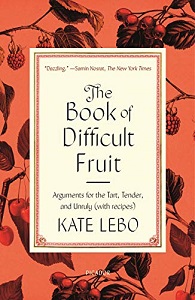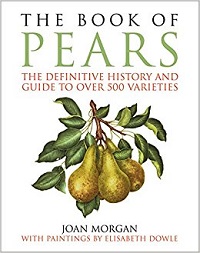Is it legal for me to glean fruit from private gardens if the fruit is overhanging a public sidewalk?
First and foremost, it is essential to ask the homeowner’s permission. If they are not available to discuss your request, or if they do not consent, you should not glean fruit from their tree.
I consulted the King County Law Library, and they referred me to a chapter in the book Neighbor Law which addresses a slightly different situation, of fruit overhanging a property line between neighbors. In that case, “the location of a tree’s trunk determines who owns the tree. If the trunk stands next door, the tree, branches, leaves, and [fruit] belong to your neighbor. You may not legally help yourself to the fruit.” Each state may have slightly different laws, and they do not always address branches that overhang a public sidewalk. (In some states, like Mississippi, where pecans are a high-value crop, it is a misdemeanor even to collect fallen nuts on a public sidewalk during harvest season, and doing so can result in a fine and up to a month in jail.)
Given the dubious legality of gleaning from private property without permission, it makes more sense to join organized efforts to harvest unused fruit and vegetables. City Fruit is one place you can volunteer, either to contribute fruit from your own garden, or to help harvest from gardens that have signed up for the program. Sharing Abundance is an effort associated with Seattle’s community gardens, the P-Patch program. You can also join the Seattle Giving Garden Network.
The City of Seattle has information on additional ways of donating food so that it doesn’t go to waste.


 Dates: A Global History is another title in the Edible series from Reaktion Books. An unusual aspect of the fruit (technically a berry) of the date palm tree is that it may be harvested at three different stages of ripeness–the ultrasweet dates one usually finds for sale in groceries are at the final stage, when they have sun-dried on the tree and the skin has begun to wrinkle and darken. Dates have been used as a food staple for centuries. Once called ‘bread of the desert’ and ‘cake for the poor,’ dates are still considered of vital importance in combating world hunger.
Dates: A Global History is another title in the Edible series from Reaktion Books. An unusual aspect of the fruit (technically a berry) of the date palm tree is that it may be harvested at three different stages of ripeness–the ultrasweet dates one usually finds for sale in groceries are at the final stage, when they have sun-dried on the tree and the skin has begun to wrinkle and darken. Dates have been used as a food staple for centuries. Once called ‘bread of the desert’ and ‘cake for the poor,’ dates are still considered of vital importance in combating world hunger.